Socially engaged Design
-
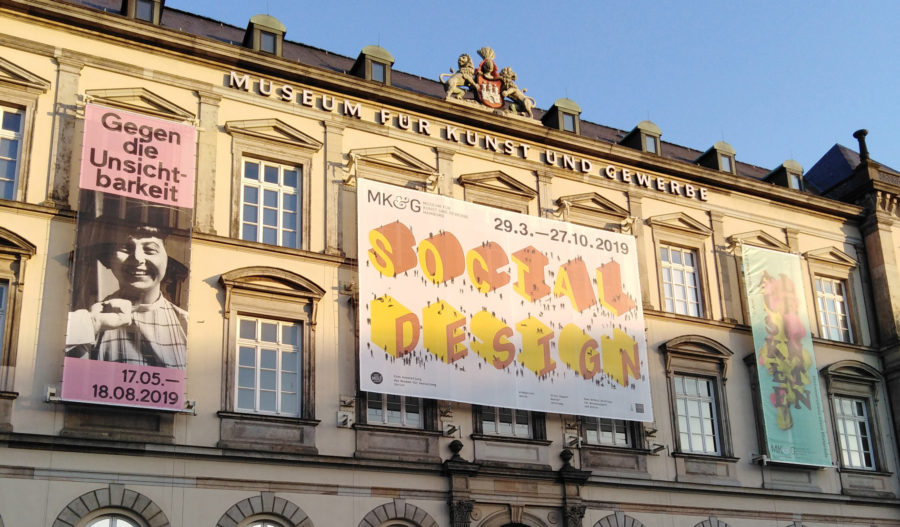
In 2019 the Design Museum MKG in Hamburg hosted the exhibition Social Design. My first year design BA students and myself got invited to contribute to the project ‘Unmittelbare Nachbarschaft’ (non-mediated neighbourhood) by Constructlab.
-
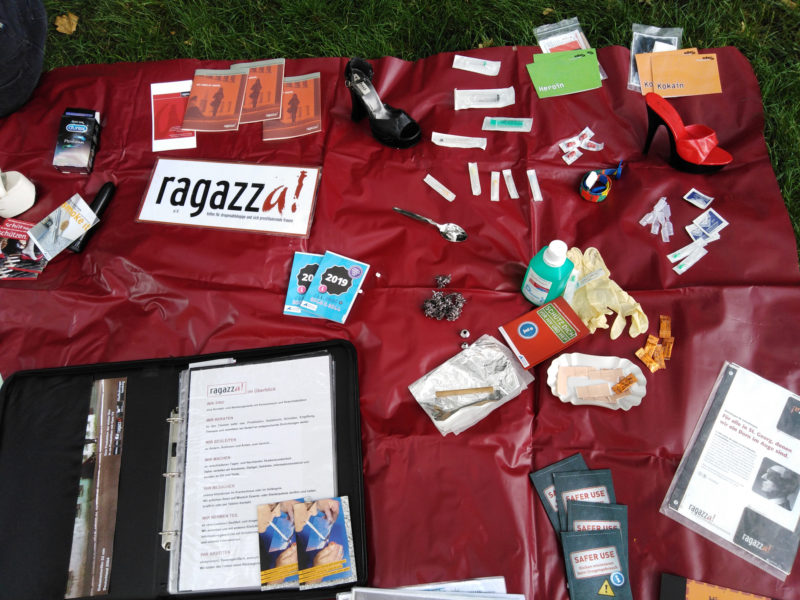
The neighbourhood around the museum, which is next to the main train station, is socially challenging. Nearby one can find the DROP IN, a safe place to consume drugs away from the public view and the Ragazza E.V, an association that helps women that live on the streets, have a addiction problems, and prostitute themselves.
-
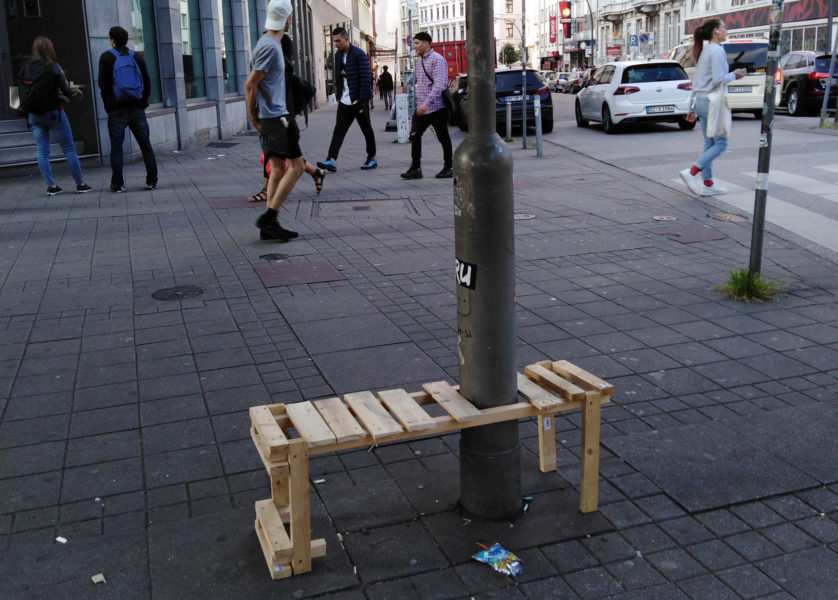
The city has banned public toilets from this area, although the smell of urine reveals that would be highly necessary. They have done it for the same reason they have banned all public furniture: they don’t want this specific marginalised group to hang out there, although they do. There is no way to offer a solution though design for this particular situation, because after discussions in the class we decided that such complex situations require understanding and dialogue, not solutions. Our approach was the zeit=festival, a four-day programme of gestures and activities to break the barriers and and interact with the users of these public spaces.
-
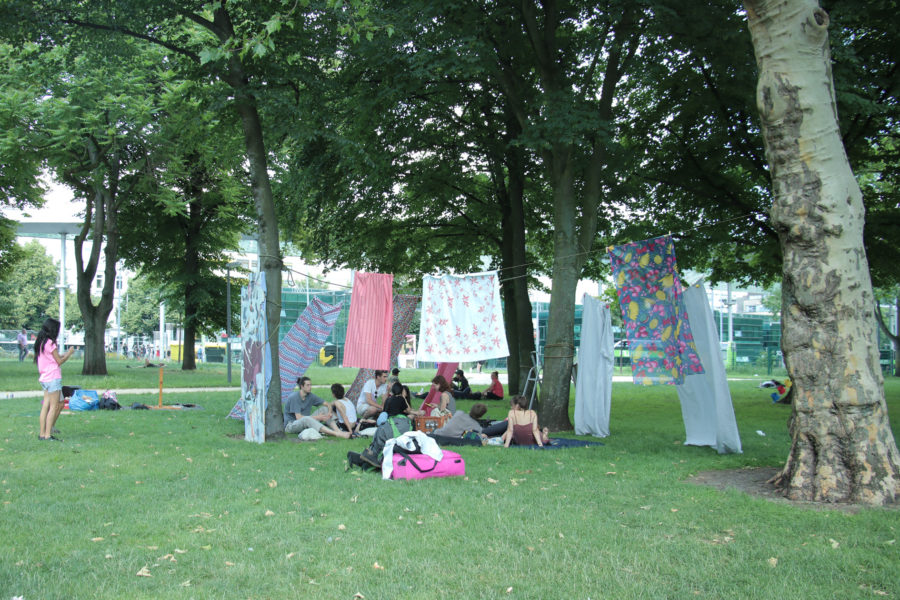
Our approach was the zeit=festival, a four-day programme of gestures and activities to break the barriers and and interact with the users of these public spaces. The central place of interaction was the Tamponkiosk, a place that shouts: 'Hey, let’s talk about taboos!
-
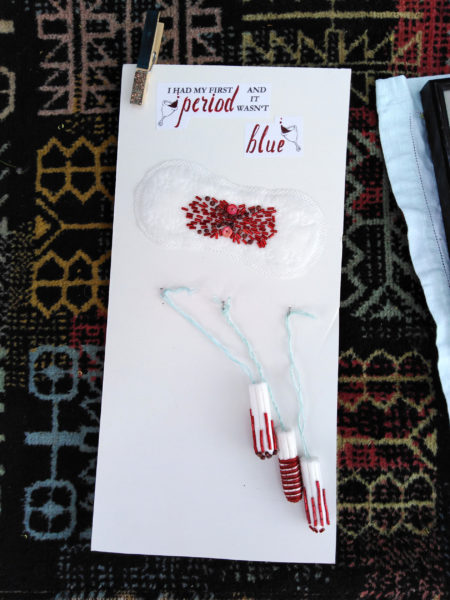
In addition to tampons, information material and tea, the tampon kiosk also offered space for workshops and discussions, e.g. on the activities of ragazza e.V.
-

The idea of the tampon kiosk is based on the observation that approx. 50% of the people inhabiting this public space are women who menstruate and the absence of public toilets makes this even harder.
-
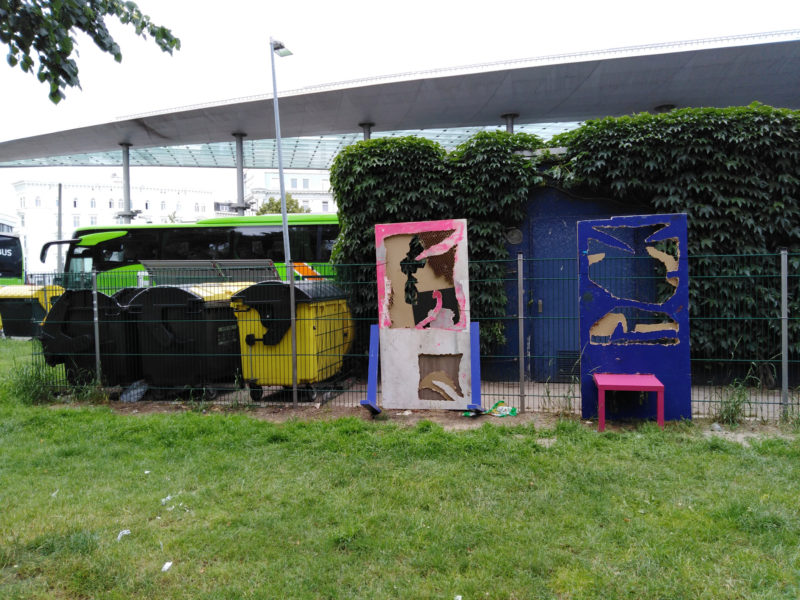
Tamponkiosk also curated a public space painting exhibition by Fabian Lubke, a student from the painting class from HFBK.
-
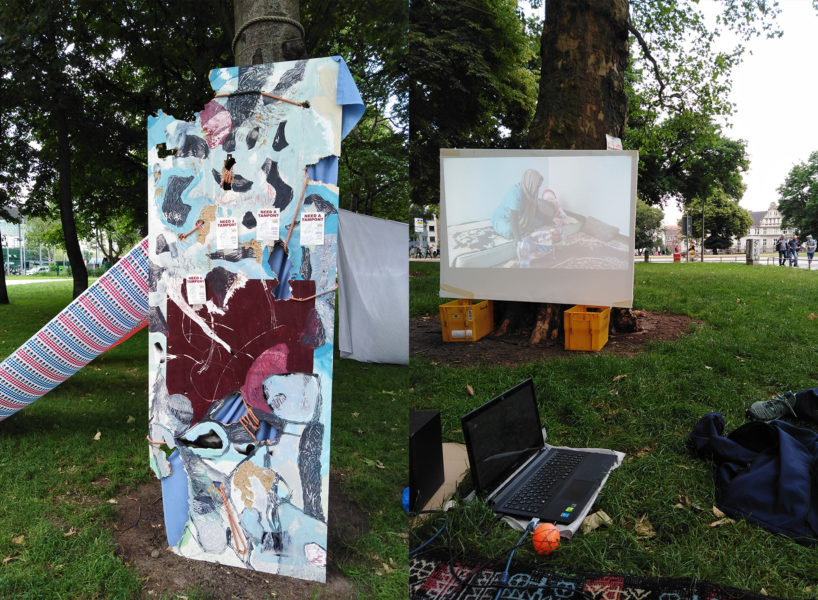
Films by students of the HFBK and other artists were curated in the "open cinema".
-
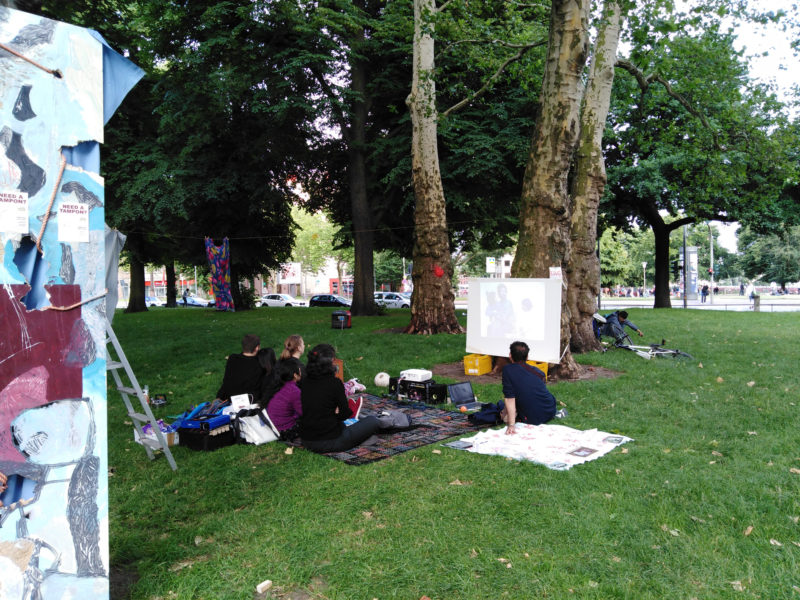
The selection of themes and films referred to the observations made in the MKG's surroundings, such as the theme of migration or the invisibility of social groups.
-
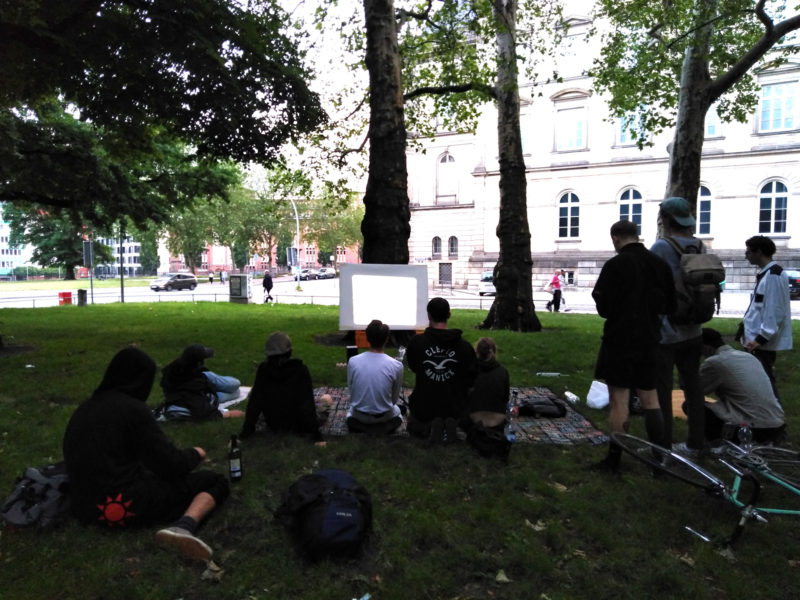
-
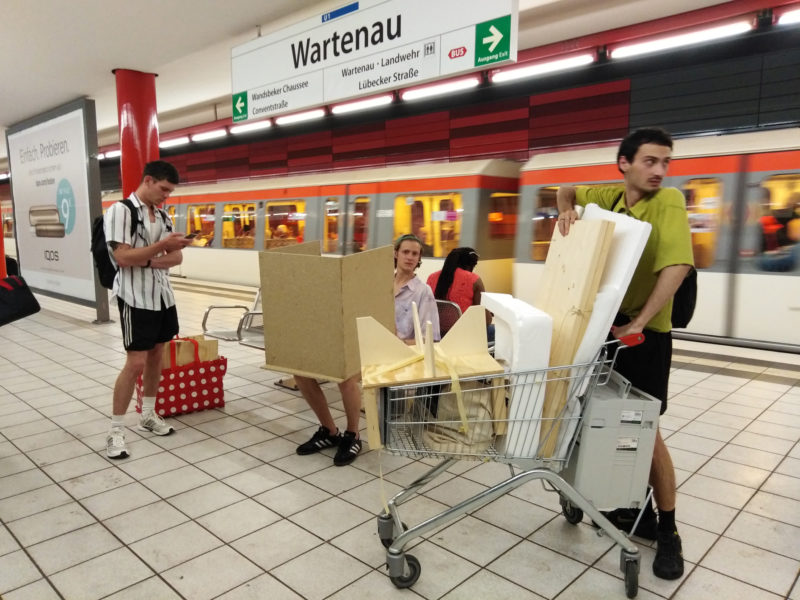
The project “Sitting possibilities" manipulated the public space and created seats where sitting is not possible or even prevented.
-
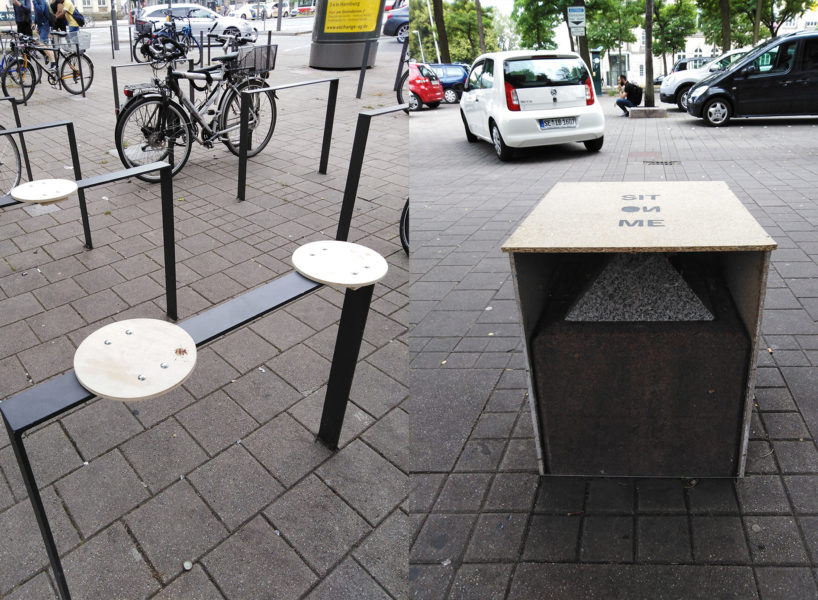
Unused bicycle stands, were turned into benches, pointed objects were transformed into seats with minimal structural intervention.
-

-

With the offer of public sports in the Carl Legien Park, the green space in front of the museum, often perceived as a mere passageway, was activated.
-

Games courses were set up and courses offered, people began to linger and talk to each other.
-
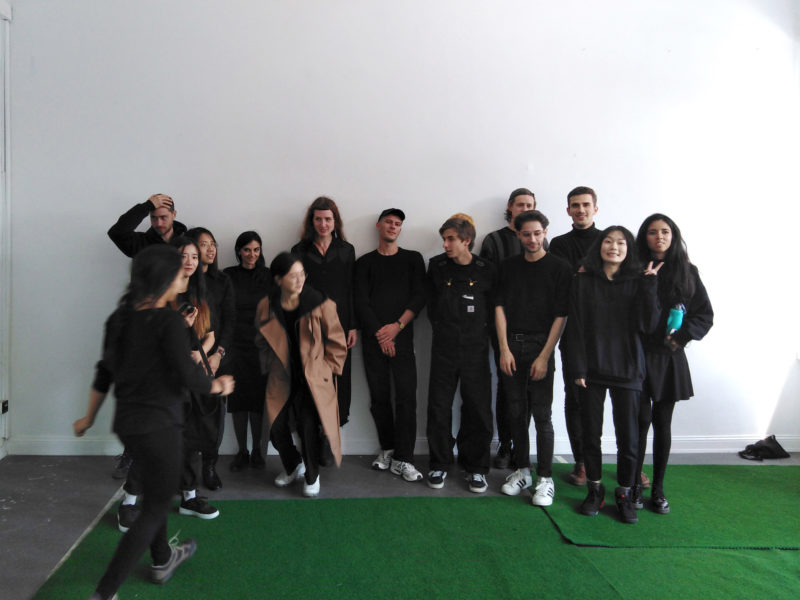
TEAM/ Sitting possibilities: Tim Ballaschke Atu Gelovani Pertti Hagelstein Fritz von der Heydt Lis Evers Christian Schuster/ Kino: Mairen Tamar Hernandes Rojas Nele Willert Markus Kreter Babak Radmehr/ Tamponkiosk: Laura Mahnke Mu-Heng Tsai Jiho Kim Fabian Lubke/ Sport: Sebastian Tuchnitz Dennise Salinas Vazquez Jia Kim Peiyi Zhang